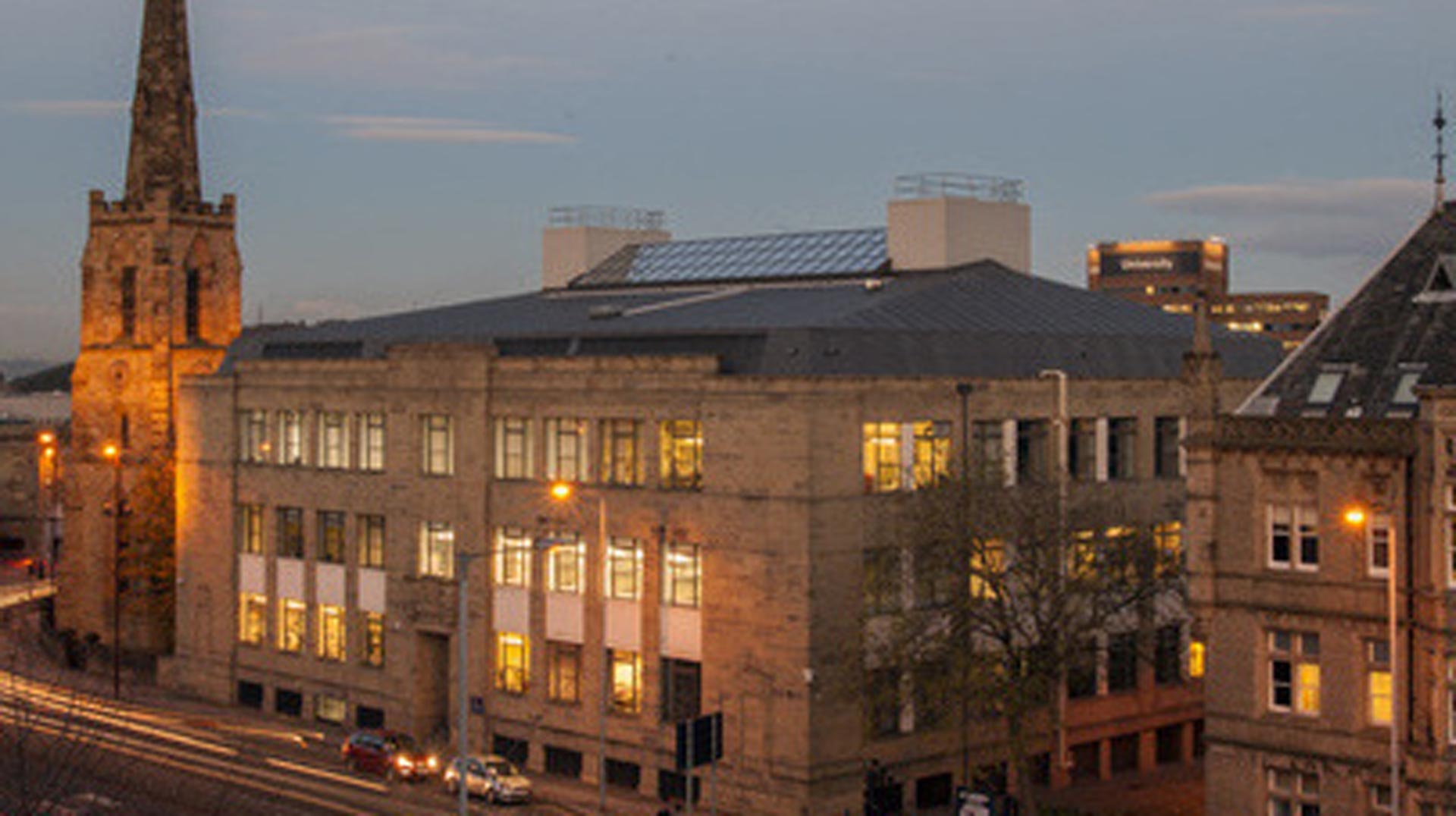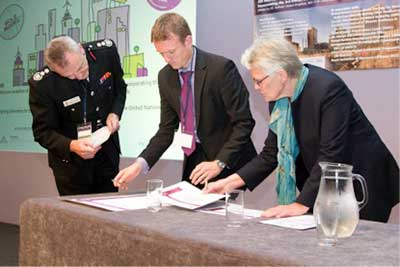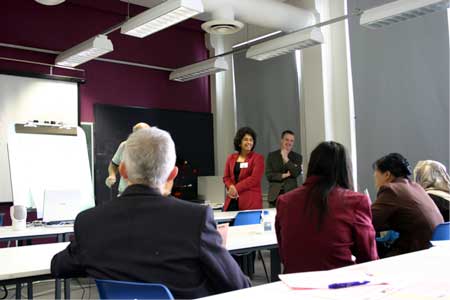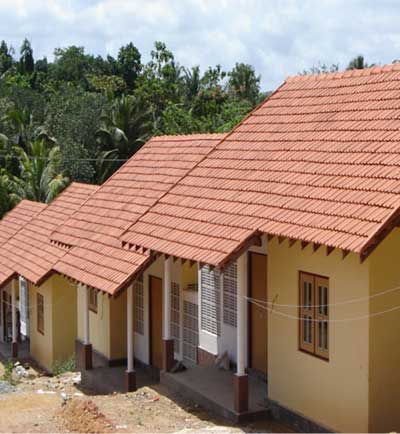Research Degree opportunities
At GDRC we play a leading role in setting the disaster resilience research agenda, nationally and internationally, through real world focused research in order to create a sustainable, high quality, industry and society which adds value to current and future stakeholders.
GDRC members have been conducting disaster risk reduction and resilience research over 20 years, and that includes the supervision of early career researchers reading towards Masters and PhD qualifications. At GDRC, you will get the opportunity to interact with world leading researchers in the field.
GDRC offers a comprehensive range of research programmes that gives researchers worldwide the opportunity to realise their ambition to achieve higher qualifications via research. This is strongly supported by the:
- Quality of the research supervision
- Breath of GDRC members’ research interests
- Research training offered to researchers
- Cutting-edge facilities that exist at the University of Huddersfield
- Friendly and supporting environment that provides all the help researchers need from the point of view of both academically and support services
Applicant profile
Our postgraduate research degree programmes are for researchers and academics, policy makers and other professionals working with disaster resilience, disaster risk reduction, humanitarian architecture social media and communication, urban planning and cities resilience, post disaster reconstruction responsibilities who wish to improve their knowledge of both theory and practice. These professionals may be working with or for academia, local and national government agencies, relief and emergency handling agencies, government offices private sector companies, public sector agencies, UN organisations, national and international aid agencies, civil and military services and insurance appraisers and investigators. Applicants should normally possess at least a first degree and also in other instances, a masters degree. This varies and prospective applicants are advised to be in touch with the university for further details.
In making a decision on an applicant, we will consider not only the academic and research ability of the candidate, but also the feasibility of the research project proposal in terms of:
- Academic standard
- Potential to contribute to theory and to practice
- Clarity of proposed aims and objectives
- Availability of expertise within GDRC and the wider university in terms of supervisory provision
As a student embarking on a postgraduate research degree you will be assigned a supervisory team, to help guide and mentor you throughout your research degree programme.
However, you are ultimately expected to take responsibility for managing your learning and will be expected to initiate discussions, ask for the help that you need and be proactive in your approach to study while adhering to the Universities regulations governing research integrity and ethical standards.
We promote inter-disciplinary working among scientific communities tackling the challenges associated with natural and human induced hazards. The complex nature of disasters, their origins, causes and consequences, has led to widespread recognition that risk reduction through increased resilience will hence require a multi-sectoral approach that explores what resilience is, what it means to society, and how societies might achieve greater resilience in the face of increasing threats from natural and human induced hazards.
Accordingly, we will accept students with multi disciplinary backgrounds.
We welcome applications for research degrees in related areas.
Training and skills development
We have designed specialised and proven research training to ensure comprehensive support for our postgraduate research students to enable them to achieve high quality research. At GDRC, a comprehensive set of activities, training workshops, seminars and other events are specifically designed to support our postgraduate research students and equip them with the essential skills and capabilities. Our postgraduate research students are given with clear information on the skills they are attaining by attending various training events and workshops.
Find out more about Research Degrees at the University of Huddersfield







